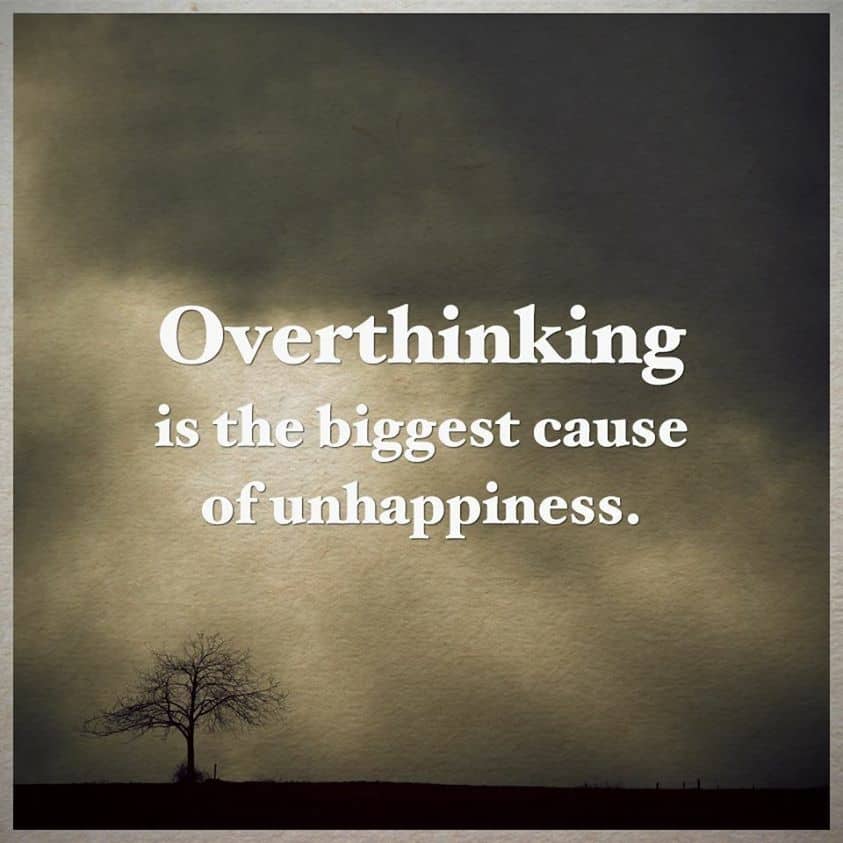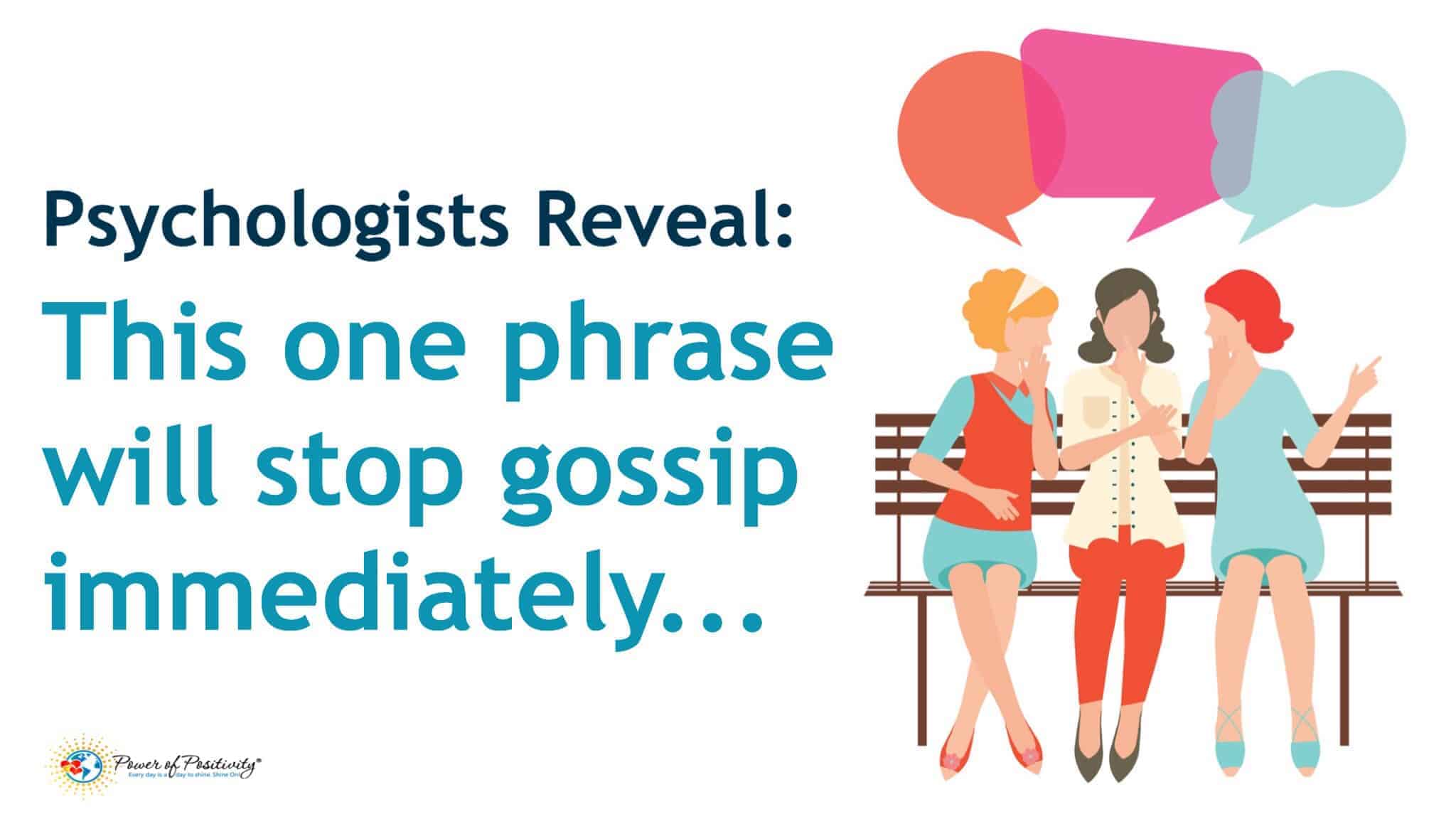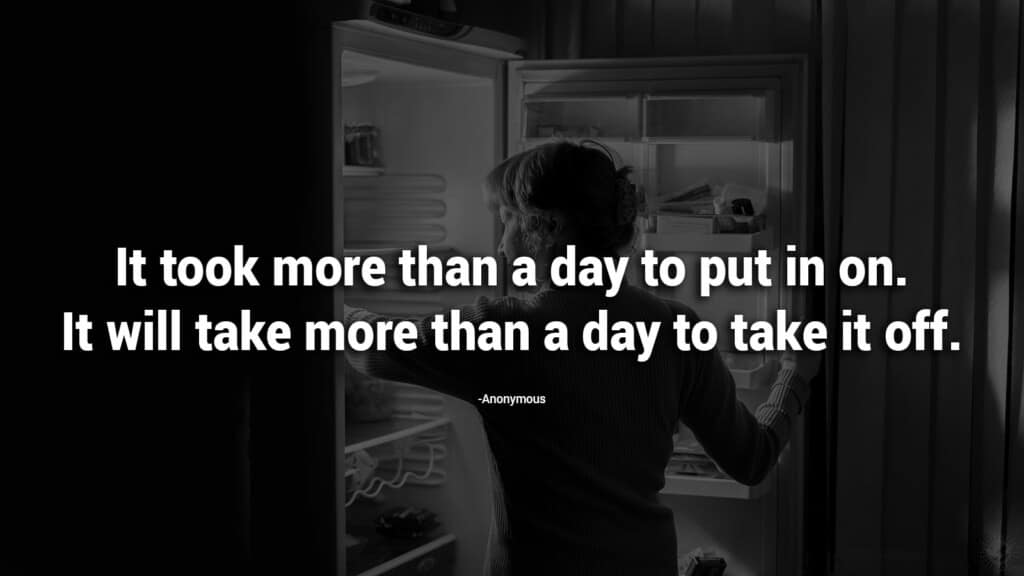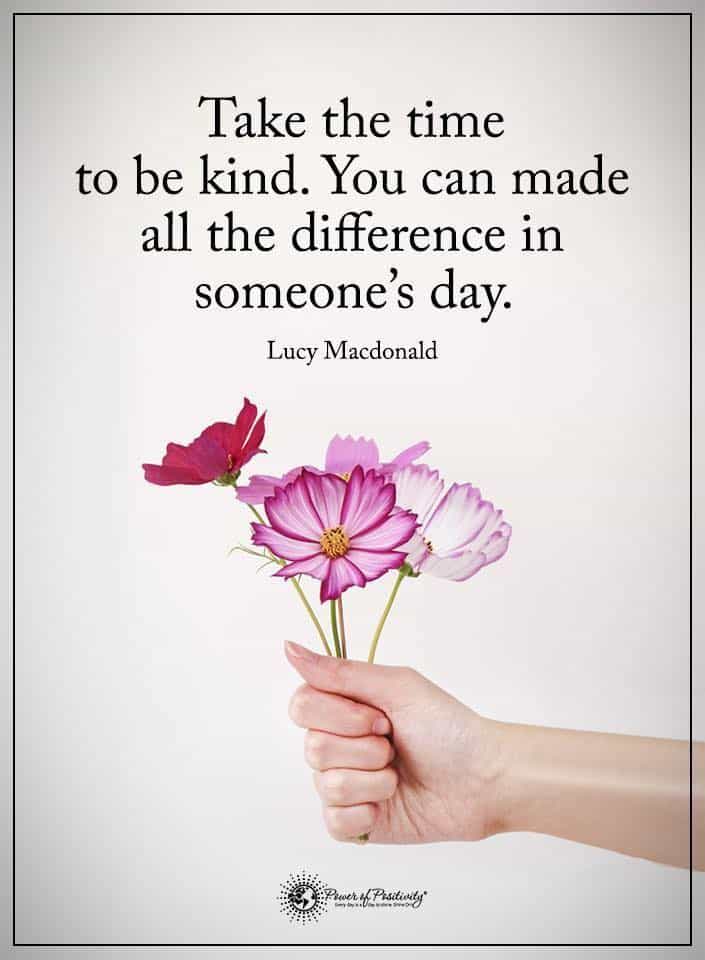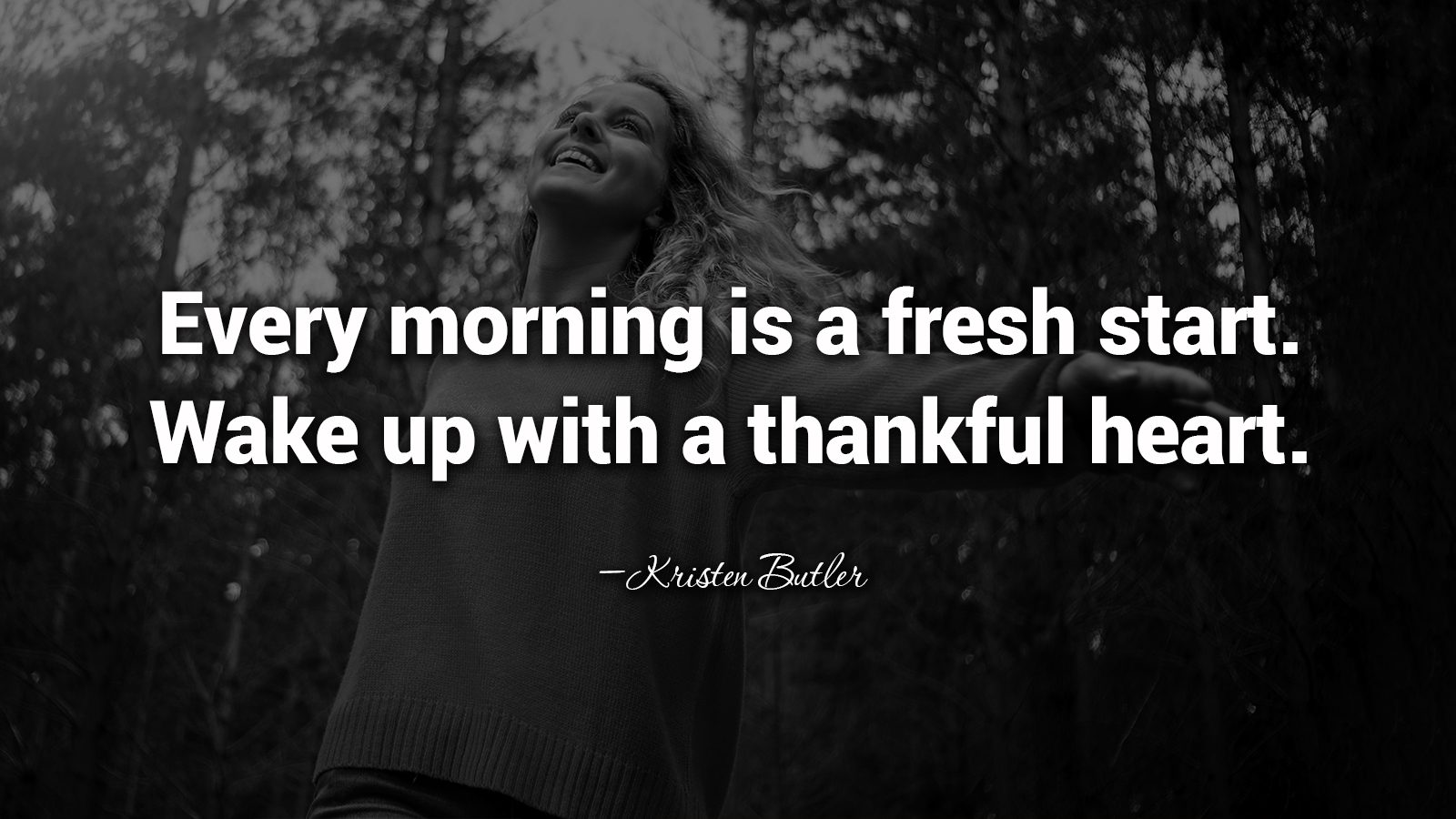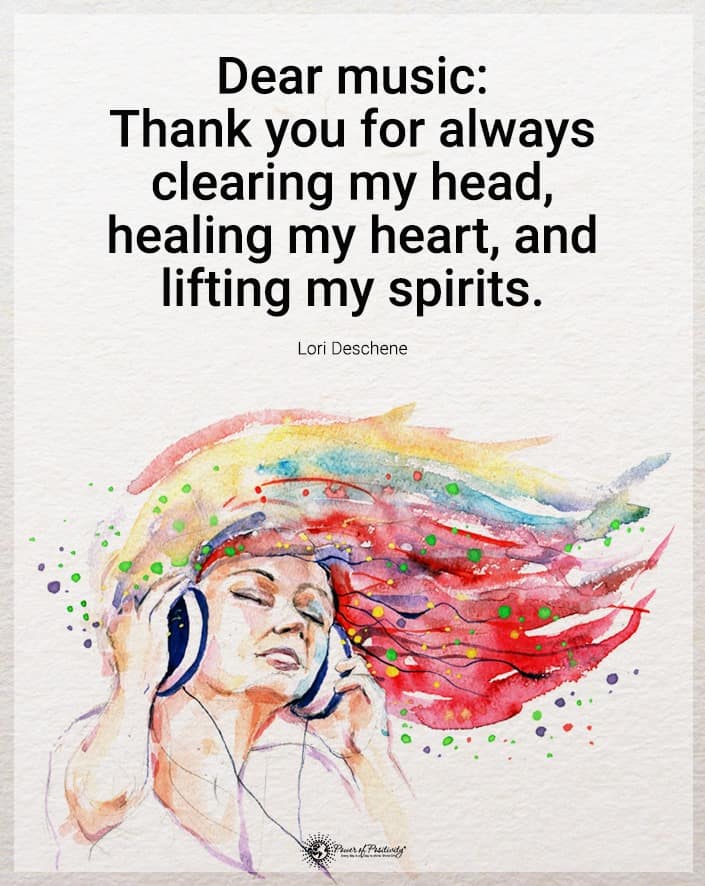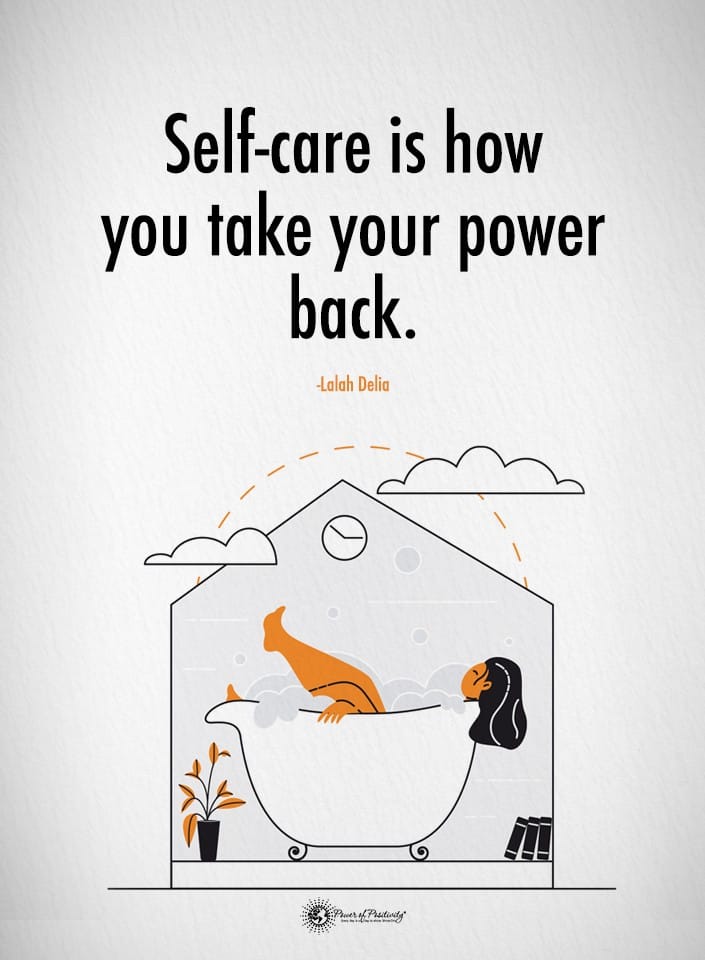Heartburn is that throat-scorching pain that is annoying at its least and unhealthy at its best. When it happens, you regret doing whatever brought it on, like eating pizza, and vow never to do it again. But you like pizza, of course, so eliminating heartburn rather than your favorite foods should be the goal. Let’s look at 10 ways to eliminate heartburn so we can keep right on enjoying our food.
10 Ways To Eliminate Heartburn
Heartburn is literally the burning of the tissues of the sensitive esophagus by the acid that comes up from our stomachs. The typical over the counter remedies for heartburn is the typical chalky chews of antacids made from bismuth, liquid bismuth, or preventative pills that you take every day.
Rather than resorting to medication, whenever possible we prefer to seek natural, wholesome remedies that can be found just as easily at home. When you are already pursuing an organic, healthy lifestyle, you will find that your home begins to contain more of what will keep you healthy and heal you from the inside out.

1. Eliminate these heartburn trigger foods
Although we want to be able to keep our favorite foods in our diet AND eliminate heartburn, you may need to cut back on one or more of these:
- Any caffeinated soda, cola, tea or coffee
- Processed tomatoes (stewed, canned)
- Alcoholic beverages
- Carbonated beverages
- Added fats (butter and oil)
There are some foods that you can predict will give you heartburn. Until you get control over your diet, you may need to skip these foods for a bit, or at least cut back.
Carbonated beverages or other foods that produce gas in your stomach are ones to avoid because they may cause your esophagus to open to release the gas, which makes it possible for stomach acid to come back up. The less you burp, the less likely it is that you will have heartburn.
2. Ginger can ease heartburn
Widely recognized as a natural stomach-upset remedy, ginger has the power to help balance your digestive system’s pH. Less acidic stomach means less stomach acid to come back up and cause heartburn.
3. Baking soda & water
Baking soda is the pH remedy to your stomach’s acidity. Mix a small amount (about a teaspoon) in 8oz of water and drink it. The baking soda will help the acid to come to a more normal PH.
4. Chewing gum
Chewing gum helps you produce and swallow more saliva, which helps your digestion to process food more easily. In fact, just slowing down your rate of eating by chewing food thoroughly may be the easiest, cheapest, and most effective way to eliminate heartburn altogether.
5. Supplements
HCl/Pepsin/vitamin B12 supplements may not be readily available to you in your kitchen, but you may have already heard of their benefits. In the book Why Stomach Acid Is Good For You, Jonathan V. Wright and Lane Lenard say that the way to eliminate heartburn is actually increase the amount of acid, not reduce it with antacids.
The authors say that heartburn pain is caused by acid, but not by too much acid. When heartburn happens there is actually too little acid in the stomach, but some of it got into the wrong place, which hurts. Taking supplements with Betaine HCl (hydrochloride) helps add to the hydrochloric acid in your stomach, which helps your natural digestion process.
6. Probiotics to decrease heartburn
Eating your probiotics from fermented foods like miso, tempeh, or kombucha helps your gut. These foods can re-establish the good bacteria and aid digestion. Probiotics are more likely to help you by reducing gas, which reduces the need for your esophagus to open, and eliminates the likelihood of heartburn happening.
7. Put orange peel in your water
The d-limonene found in the peel of oranges helps eliminate heartburn. Lifeextension.com says that in a study of orange peel extract as a heartburn reliever, ’22 participants were randomized to take either 1000 mg of d-limonene or a placebo. At day 14, an impressive 83% of those taking the orange peel extract (d-limonene) reported heartburn severity no higher than 2 on the 1-10 scale, compared to just 30% of those taking placebo. At the end of 20 days, 75% of those taking d-limonene reported relief from heartburn symptoms, compared to only 20% of the participants taking placebo.’
8. Loosen your belt
Wearing tight clothing restricts your stomach and can put pressure on your organs. Pressure applied to your stomach can force acid up and out of where it belongs, causing heartburn.
9. Sleep with your head elevated
Let gravity help you keep your stomach acid down by lifting your head slightly as you sleep. Even a slightly thicker pillow could be enough to help. Eating late at night should also be avoided to help eliminate heartburn.
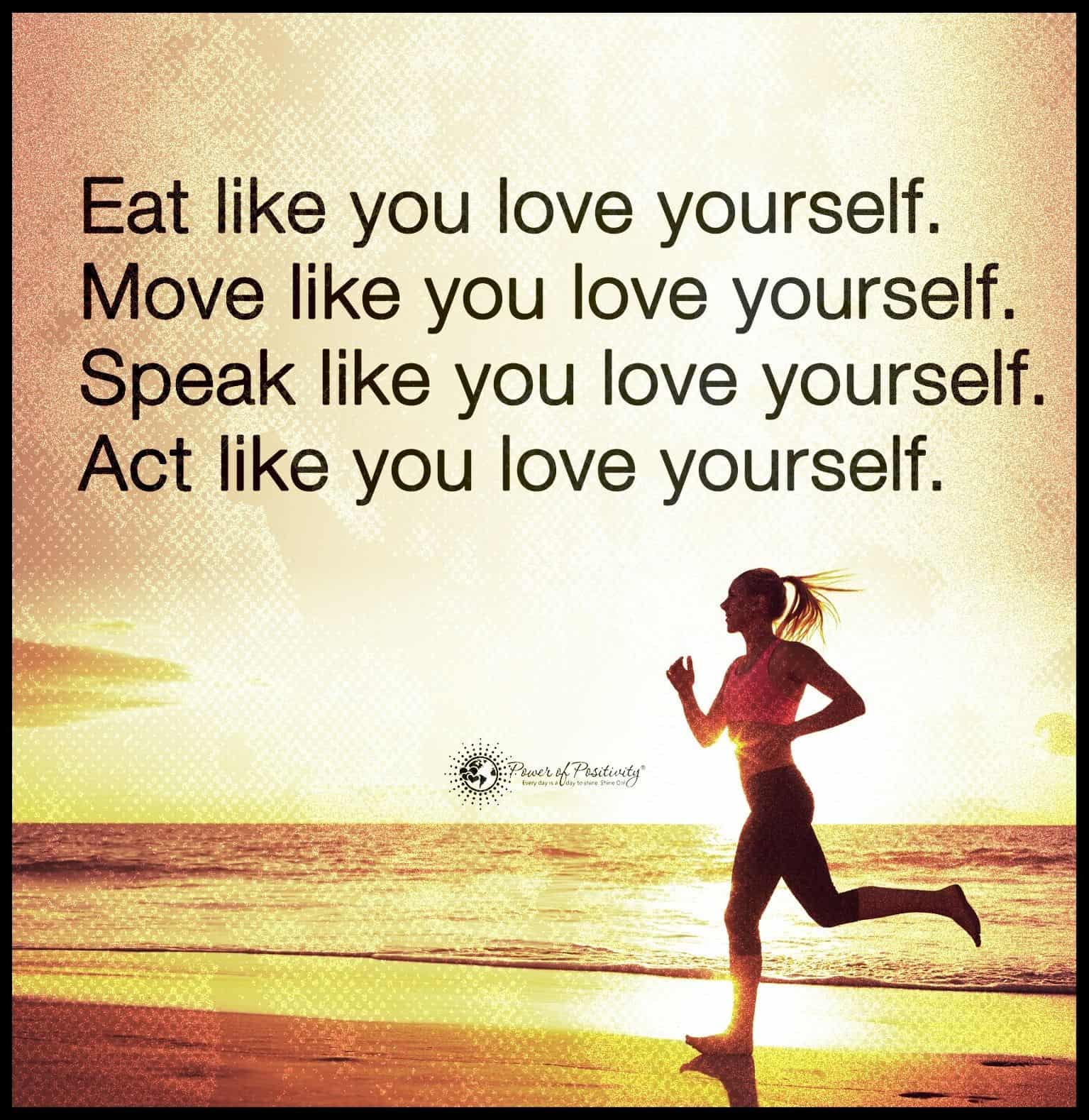
10. Licorice may help heartburn
The licorice plant root extract has been used for heartburn relief for centuries. Licorice root tea is available as well as candies that have natural licorice root extract in them.

